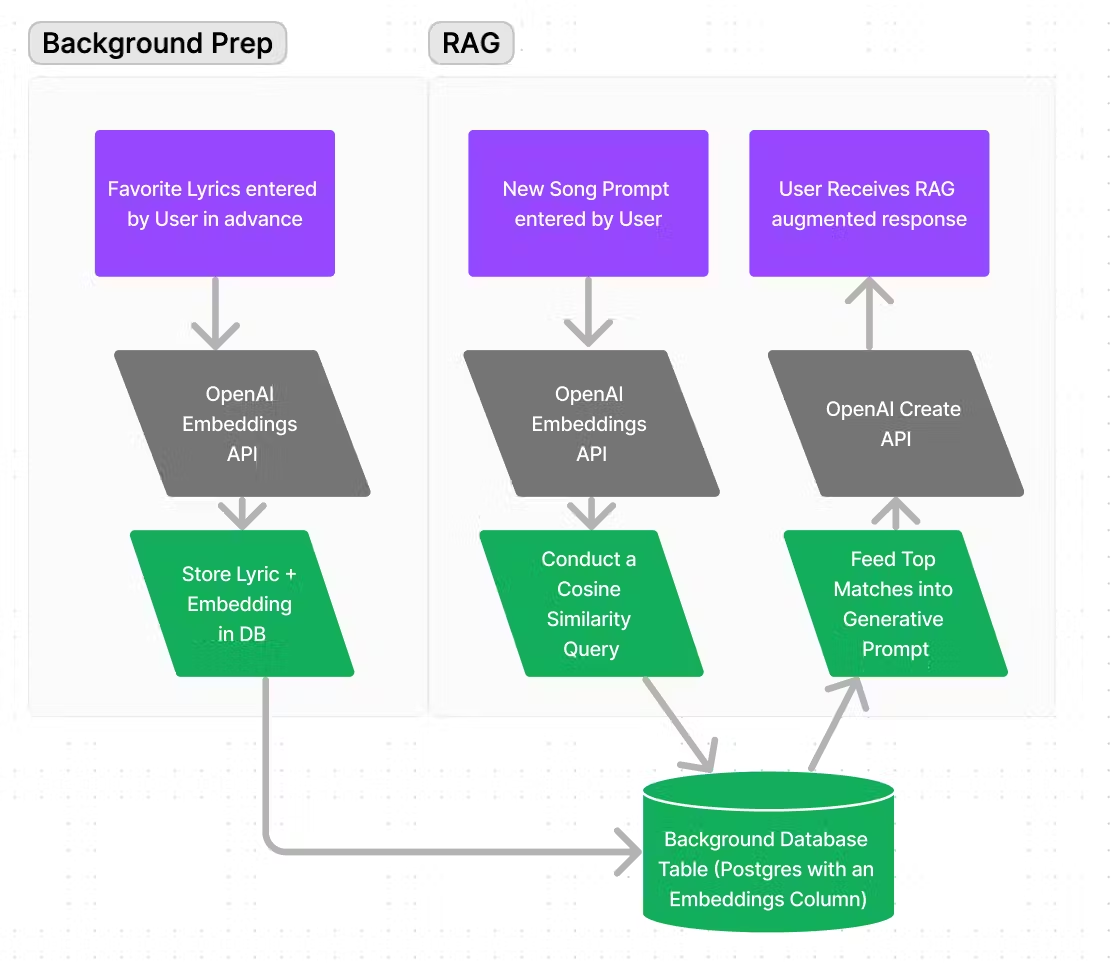The Evolution of AI Personalized Legal Services
AI's impact on the practice of law is going through 3 stages:
- AI used for universal truth generation, so that you can ask AI a question and you will get a universal truth based on all of the training data that was used in building the AI. This is where we are today - not personalized.
- AI provides attorney-specific personalization, so that when you and I ask our personalized AIs the same question, we get different responses that are personalized to each of us. This is where we are heading.
- AI provides attorney-client personalization, so that when the AI generates a recommended communication to a first and a second client, each of these recommendations will be based on the facts and preferences of each client. This is the where we will get.
Stage 1: AI Provides Universal Truth
Generative AI technologies are already transforming how legal services are delivered ↗, creating responses to legal questions based on its massive training data of hundreds of billions of words. But there is a cost: personalization. In general, everybody gets the same response from an AI, regardless of whether they are a seasoned attorney with 20 years of experience, a recent law school graduate, or a client who is relying upon their attorney to handle an unfamiliar legal issue and report on key outcomes.
Stage 2: AI Provides Attorney-Specific Personalization
The first step in personalization is for an AI system to better understand the individual asking the question - what facts and laws that person knows, what attributes are known about that person (e.g., what type of law do they practice, in which states do they practice, how much experience do they have), what topics do they tend to write about, and what style do they tend to use.
Stage 3: AI Provides Attorney-Client Personalization
Each client has different facts, different experiences, and different preferences. For attorneys with busy practices, it is difficult to personalize each communication to each client. With the help of AI, attorney-client personalization can be delivered efficiently. Soon, AI will recommend personalized communications unique to each attorney and client correspondence, whether that entails a sophisticated corporate client with specific invoicing requirements or a first invoice letter to a brand new client who needs to understand what legal work has been completed and where they are in the process.
Benefits of Personalization
For Attorneys, Increased Efficiency and Accuracy: lawyers leveraging AI personalization can quickly generate precise and relevant content, whether as content or as communication, reducing time spent on research and drafting. This efficiency not only benefits the lawyers but also translates into cost savings for clients, making legal services more accessible.
For Clients, Enhanced Communication Quality: Personalization is key to client satisfaction. Custom-tailored legal advice or documents resonate more effectively with clients, building trust and leading to a better understanding and satisfaction with the services provided.
The Technology Behind Personalization: RAG
Retrieval-Augmented Generation (RAG) is at the forefront of personalization. At the heart of a RAG system is a sophisticated AI model that combines the capabilities of both retrieval-based and generative AI. This hybrid approach allows the system to pull relevant data and context from a comprehensive personalization or background database and then use that background information to generate content that is highly personalized and contextually relevant.
Although still maturing, RAG systems represent a significant step forward in personalizing AI systems to the individual. RAG systems work by intelligently retrieving information from a personalization database and then feeding the most relevant information into the Large Language Model or LLM (e.g., Chat GPT).
While you do not need to build your own RAG System, you may benefit by walking through this post about "Coding Your Own RAG System ↗" to see how RAG works. Here is a summary:
Step 1. A personalized background database is created and, for each piece of text, an embedding is calculated. Think of an embedding as a really big Dewey Decimal system where each word, sentence, paragraph, chunk, or even image can have its meaning converted into a vector.
Step 2. Then, when a question or prompt comes in, it too has its embedding calculated, and the background items that are most relevant/closest to the query are returned.
Step 3. These most relevant items can then be fed into the AI LLM (e.g., Chat GPT) as an augmentation to the question/prompt submitted by the user in Step 2.
 ### The Future is Personal
### The Future is Personal
The legal landscape is evolving, with client demands at the forefront of this change. Today's clients expect not just representational excellence but also efficiency, accuracy, and a personal touch in communications from their attorneys. RAG systems stand out as a powerful tool in meeting these expectations, offering a customized legal experience that enhances client trust and loyalty.
Let's Talk about Personalization
Whether you are an attorney looking to introduce personalization into your practice or a technology provider that is building personalization capabilities, please grab time from my calendar at meet.dyor.com ↗ or jump into the conversation on LinkedIn ↗.
AI personalization is going to change the way that business is done, and the practice of law will be no exception. I am excited to help this transformation along, and would love to connect with others who are also on this journey.




